Kidney stones are hard mineral deposits in the kidneys and can cause significant pain and discomfort if they become trapped in the
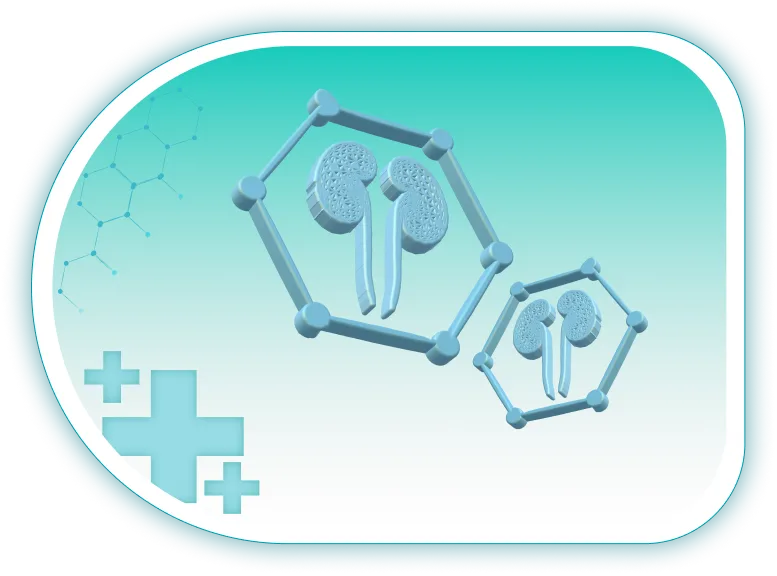
Stones in the urinary tract, also known as urolithiasis, are a common condition that affects many people worldwide. These stones are made up of various substances, such as calcium, oxalate, and uric acid, and can range in size from a grain of sand to a golf ball. While small stones can often pass through the urinary tract without causing any significant problems, larger stones can be incredibly painful and may require medical intervention.
Kidney stones form when certain substances in the urine become concentrated and crystallize, forming a solid mass. Factors that increase your risk of developing kidney stones include a family history of kidney stones, dehydration, a diet high in sodium, and certain medical conditions such as gout and inflammatory bowel disease.
At the German Medical Center, we are committed to providing our patients with the highest quality care in a compassionate and supportive environment. If you’re experiencing symptoms of kidney stones, don’t wait – schedule an appointment with us today and take the first step toward relief.
Don’t let kidney stones control your life. Contact the German Medical Center to learn how we can help you overcome this painful condition and regain your quality of life.
Urinary tract stones are also known by several other terms, including:
– Kidney stones: Kidney stones are mineral deposits that form in the kidneys and can cause pain and discomfort when they pass through the urinary tract.
– Ureteral stones: Ureteral stones are kidney stones that have passed into the ureter, the tube that connects the kidney to the bladder.
– Bladder stones: Bladder stones are mineral deposits that form in the bladder and can cause pain and discomfort during urination.
– Urethral stones: Urethral stones are rare and occur when kidney stones or bladder stones become lodged in the urethra, the tube that carries urine out of the body.
– Urinary calculi: Urinary calculi is a medical term used to describe any type of urinary tract stone. It is a more general term that includes kidney stones, ureteral stones, bladder stones, and urethral stones.
Our team of experts are passionate about providing only the best quality care and treatment to their patients.
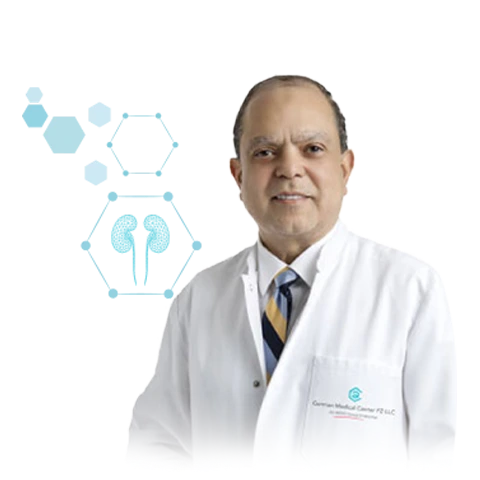
Urology & Andrology
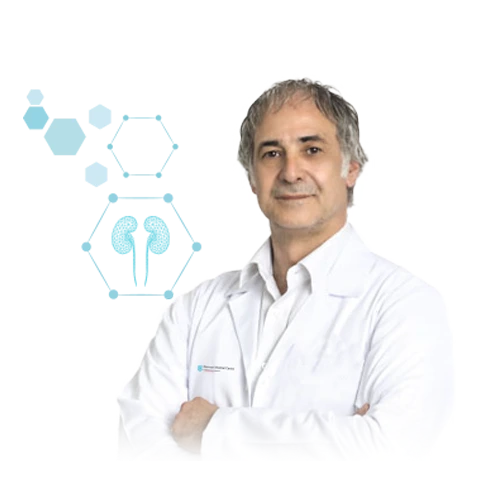
Urology & Andrology
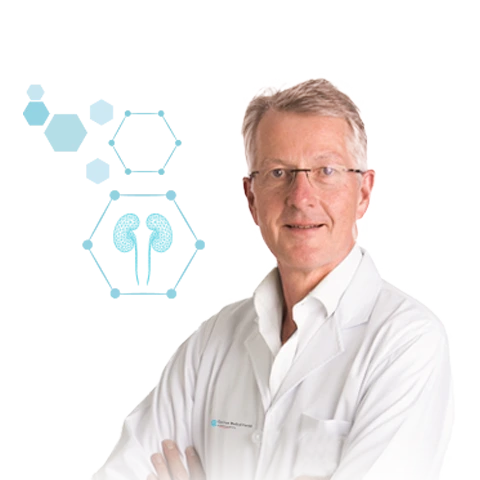
Urology & Andrology
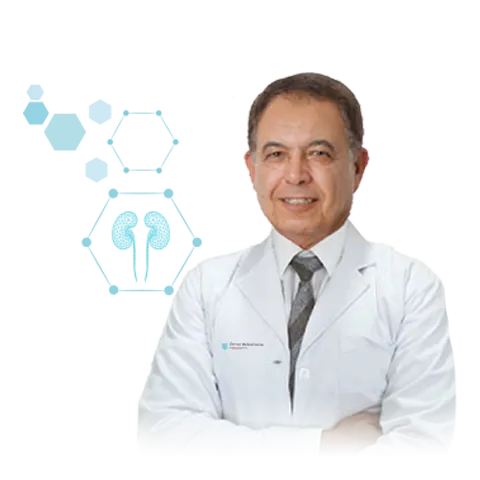
Urology & Andrology
The main difference between laparoscopic surgery and open surgery is the size of the incision made during the procedure. Open...
Urinary tract malignancy, also known as urologic cancer, is a type of cancer that develops in the urinary system....
Urinary tract obstruction causes by a variety of factors that impede the normal flow of urine....
Autologous Platelet-Rich Plasma (APRP) has been investigated as a treatment for Erectile Dysfunction (ED) in men with various...
Pediatric surgery related to urology is a subspecialty of pediatric surgery that deals with surgical procedures associated with...
Oxidative stress disease can affect different parts of the body and lead to various symptoms. Some common signs that may indicate...
Urinary tract infection (UTI) is a common medical condition affecting millions of people worldwide. It occurs when harmful...
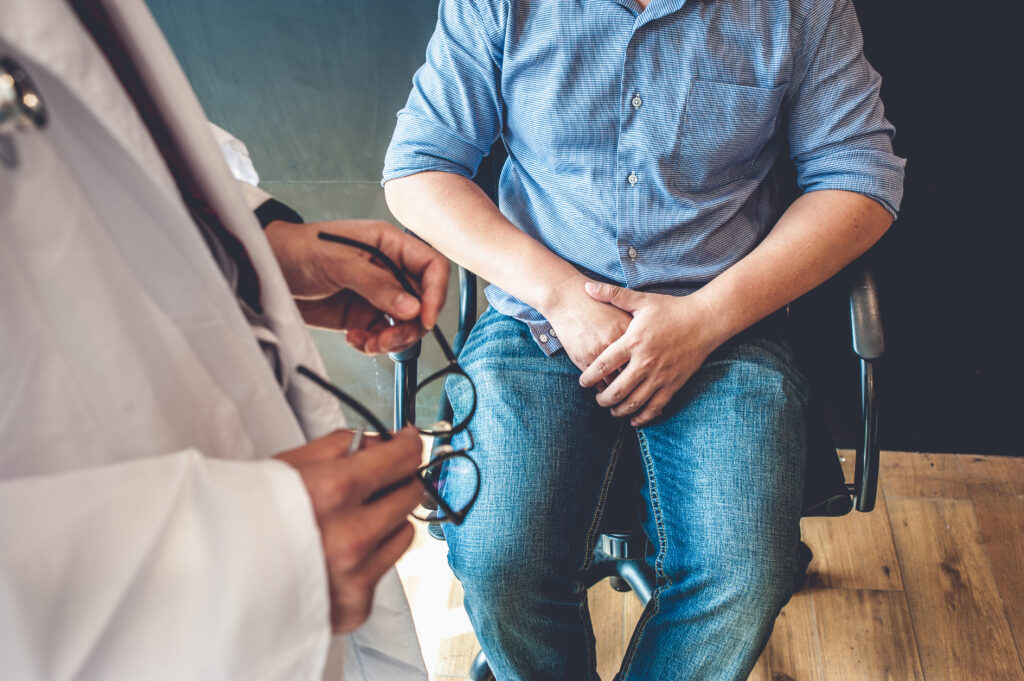
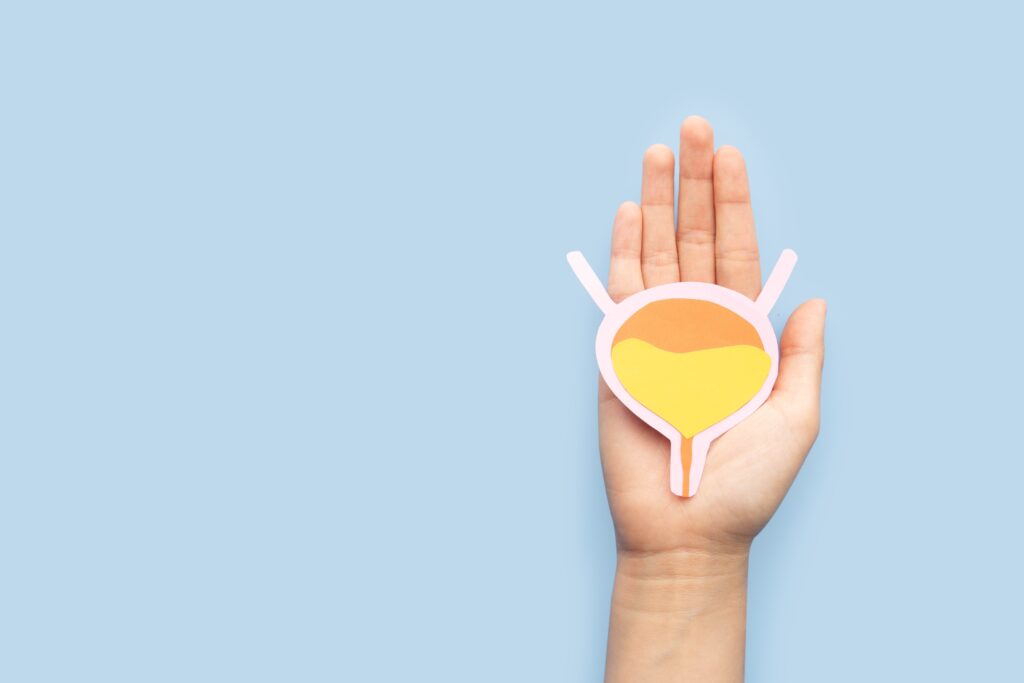
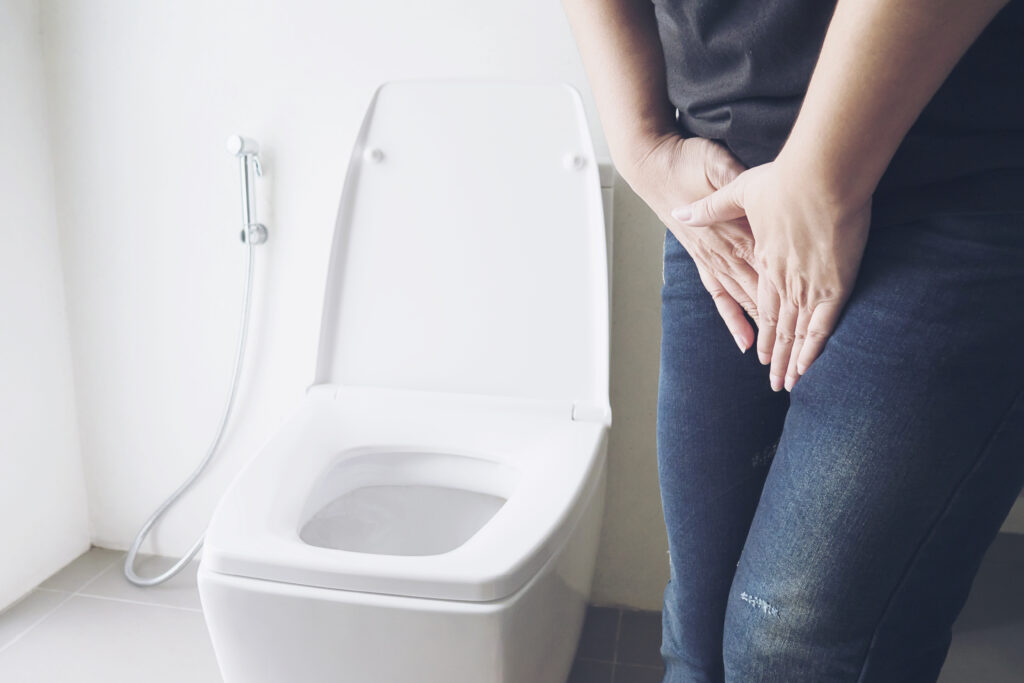
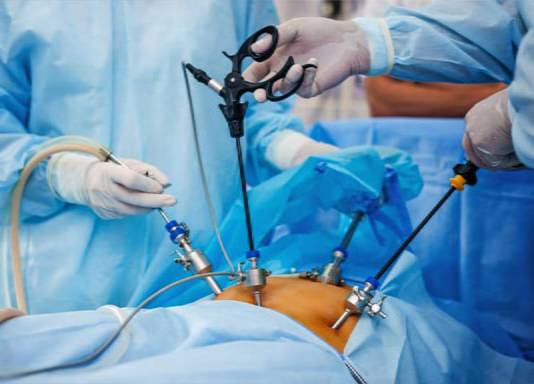

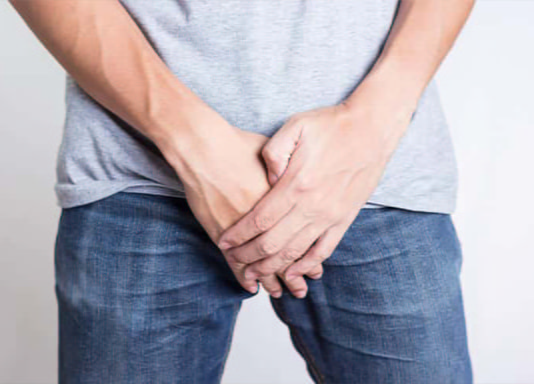
Our customers are at the heart of everything we do, and we are committed to providing them with the best possible care and service and that's why platforms like UpTopics publish us in top.


(4.5)
Based on 174 Google Reviews

Partner with:
Partner with:


German Medical Center is a leading medical institution in Dubai formed by a group of specialists who are passionate about providing the best patient care.
Fill out our easy online form to book an appointment with German Medical Center. Our team of experts is dedicated to providing you with personalized care and guidance every step of the way. Don't wait, take charge of your well-being and schedule your appointment now!